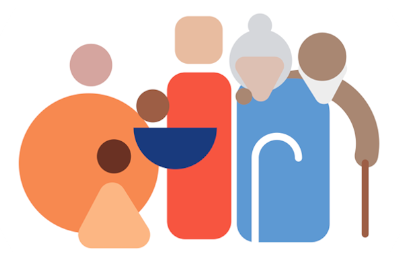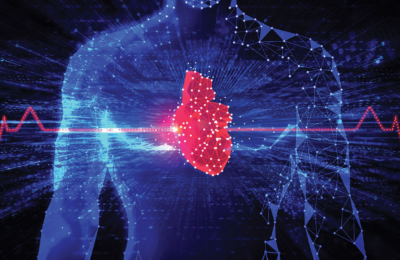In 2016, the “FAIR Guiding Principles for scientific data management and stewardship” were published in Scientific Data. The authors intended to provide guidelines to improve the findability, accessibility, interoperability, and reuse of digital assets. The principles emphasize machine-actionability (i.e., the capacity of computational systems to find, access, interoperate, and reuse data with none or minimal human intervention) because humans increasingly rely on computational support to deal with data as a result of the increase in volume, complexity, and creation speed of data.
Following the so-called FAIR principles, the overall objective of FAIR4Health is to facilitate and encourage the European Union Health Research community to FAIRify, share and reuse their datasets derived from publicly funded research initiatives through the demonstration of the potential impact that such strategy will have on health outcomes and health research.
Specific objectives of the FAIR4Health project can be listed as in the following:
- To design and implement an effective outreach strategy at EU level based on trust building and shared benefit to encourage research institutions to join the FAIR4Health community and FAIRify, share and reuse their publicly funded health research datasets.
- To produce a set of guidelines to inform a number of Research Data Alliance (RDA) recommendations in order to set the foundations for a FAIR data certification roadmap to guarantee high quality in EU open data derived from publicly funded health research initiatives.
- To develop and validate an intuitive, user-centered FAIR4Health platform and FAIR4Health agents to enable the translation from raw (meta) data to FAIR (meta) data and its anonymization, curation, validation, mapping to standard health domain vocabularies, authoring, preservation, sharing, reusability and actionability of datasets derived from publicly funded health research initiatives.
- To demonstrate the potential impact that the implementation of such FAIR data strategy will have in terms of health outcomes and health research through the development and validation of 2 pathfinder case studies: (i) supporting the discovery of disease onset triggers and disease association patterns in comorbid patients, and (ii) a prediction service for 30-days readmission risk in complex chronic patients.
As an SME with extensive expertise in large-scale software development, semantic Web technologies and interoperability solutions for e-health, among others; we are one of the two key technical partners in the FAIR4Health project. FAIR4Health aims to achieve TRL7 for two different pathfinder use-cases and TRL7 means high-quality software development for the FAIR4Health Platform and its agents, for which we will play an important role. Our tasks in the project can be summarized as follows:
- design and development of the FAIR4Health platform and the FAIR4Health agents
- design and development of the security layer for the FAIR4Health platform. De-identification/anonymization methodology for FAIR data, the FAIRification with respect to data types (images, biosignals and continuous monitoring of health parameters), the design of the data and metadata curation methodology to be implemented in the FAIR4Health agents, the design of the data provenance model to be implemented in the FAIR4Health agents
- research, design and development of Privacy-Preserving Distributed Data Mining (PPDDM) mechanism so that globally interesting associations and patterns, i.e. the knowledge, can be extracted from large amounts of distributed data while protecting the sensitive information
- design of the continuous integration testing plan
- comprehensive examination of EU policy actions to ensure transformation of health care in the Digital Single Market
- develop of a business model and marketing strategy for innovative products and services built upon the FAIR4Health platform oriented towards its exploitation in the EU Digital Single Market
- cover the identification of IPRs generated within the project, and the development of IPR agreement and commercialisation agreements for the project outcome
| 1. | Servicio Andaluz de Salud (SAS) | Spain |
| 2. | Instituto Aragonés de Ciencias de la Salud | Spain |
| 3. | Universidad Carlos III de Madrid | Spain |
| 4. | ATOS | Spain |
| 5. | UMIT | Austria |
| 6. | HL7 | Belgium |
| 7. | Universitaet Leipzig | Germany |
| 8. | AMC University of Amsterdam | Netherlands |
| 9. | Université de Genève | Switzerland |
| 10. | Technische Universitaet Braunschweig | Germany |
| 11. | Università Cattolica del Sacro Cuore | Italy |
| 12. | European Federation of Medical Informatics | Switzerland |
| 13. | The University of Edinburgh | United Kingdom |
| 14. | J&A Garrigues SLP | Spain |
| 15. | SRDC | Turkey |
| 16. | Universidade do Porto | Portugal |
| 17. | IPBV | Serbia |










Pingback: We are the most successful Turkish SME in Horizon 2020 too! | SRDC
Pingback: FAIR4Health team participated in the 26th Virtual HL7 FHIR Connectathon and demonstrated the FAIRification Tools | SRDC